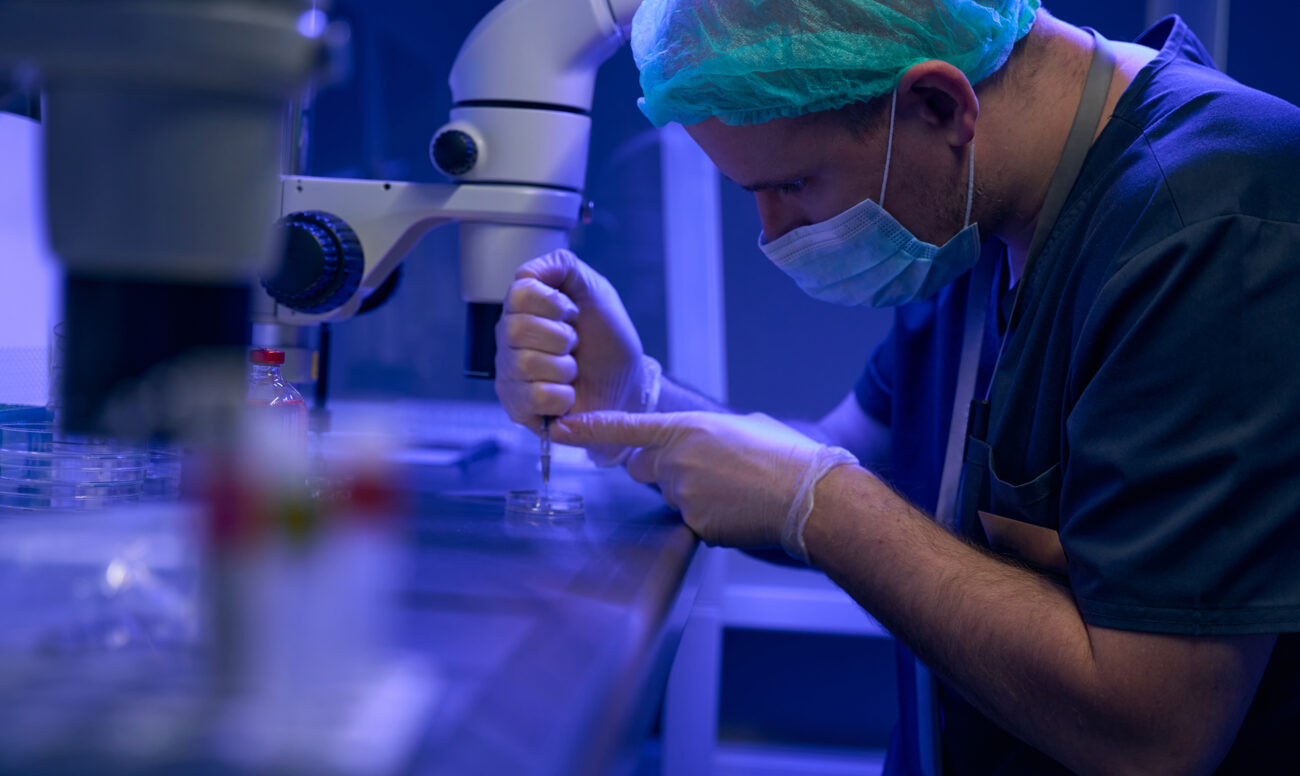The most important thing is the “where” the spermogram is performed. And the ideal is always an andrology laboratory (not a clinical laboratory). At Fertivida we have experts in this analysis.
A spermogram, also known as a semen analysis, is a diagnostic test used to assess the health and viability of a man’s sperm. This test is fundamental in the study of male fertility and offers detailed information on various aspects of semen, including volume, sperm concentration, motility (movement), morphology (shape), and vitality. The results of a spermogram can help doctors identify possible causes of infertility and guide the appropriate treatment.
A spermogram is crucial because it can detect problems that can interfere with a man’s ability to conceive naturally. For example, a low sperm concentration, sperm with low motility, or abnormalities in morphology may be indicative of underlying problems that need medical attention. In addition, this test can also reveal infections or inflammations in the male reproductive system, which can be treated to improve the chances of conception.
How to prepare for a spermogram?

Properly preparing for a spermatogram is essential for accurate results. Here are some recommendations that are commonly followed to ensure the reliability of the analysis:
- Sexual abstinence: It is advisable to abstain from any sexual activity that involves ejaculation for 2 to 5 days before the test. This ensures that the semen sample has an adequate concentration of sperm.
- Avoid alcohol: It is advised to avoid the consumption of alcohol and other substances that can affect the quality of the semen for a few days before the analysis.
- Hydration: Staying well hydrated is important to ensure good semen quality.
- Medications and supplements: Tell your doctor about any medications or supplements you are taking, as some may influence the results of the Spermogram.
Factors that can affect a spermogram
Several factors can influence the results of a spermogram, some of which may be temporary or correctable:
- Lifestyle: Habits such as smoking, alcohol, and recreational drug use can negatively affect semen quality. In addition, an unhealthy diet and lack of exercise can also have an impact.
- Emotional health: Emotional stress and anxiety can affect sperm production and quality.
- Exposure to toxins: Exposure to certain environmental toxins and industrial chemicals, such as pesticides and heavy metals, can harm sperm health.
- Temperature: Exposure to high temperatures, such as frequent use of saunas or hot baths, can decrease sperm production.
- Diseases and medications: Some chronic diseases such as diabetes and certain medications can affect the quality of semen. Reproductive tract infections can also negatively influence outcomes.
- Genetic factors: Genetic problems can influence sperm production and quality. These problems may require additional testing and specialized treatment.
Performing a spermogram is a fundamental step in the evaluation of male fertility. By understanding the factors that can influence the results and how to prepare appropriately, men can get an accurate and helpful assessment to address any fertility issues effectively.





